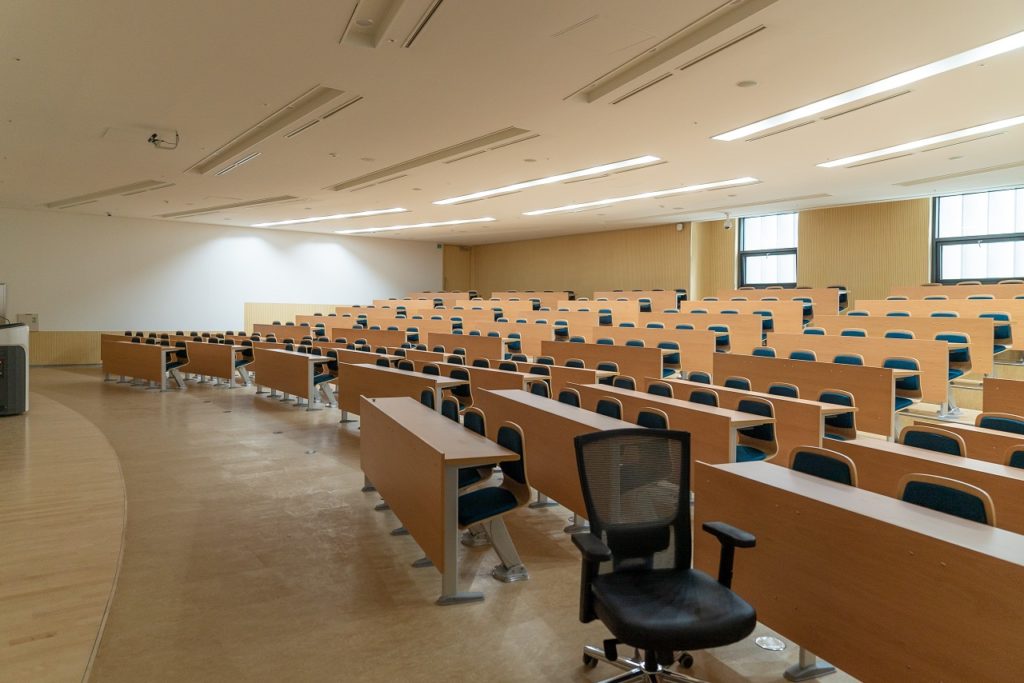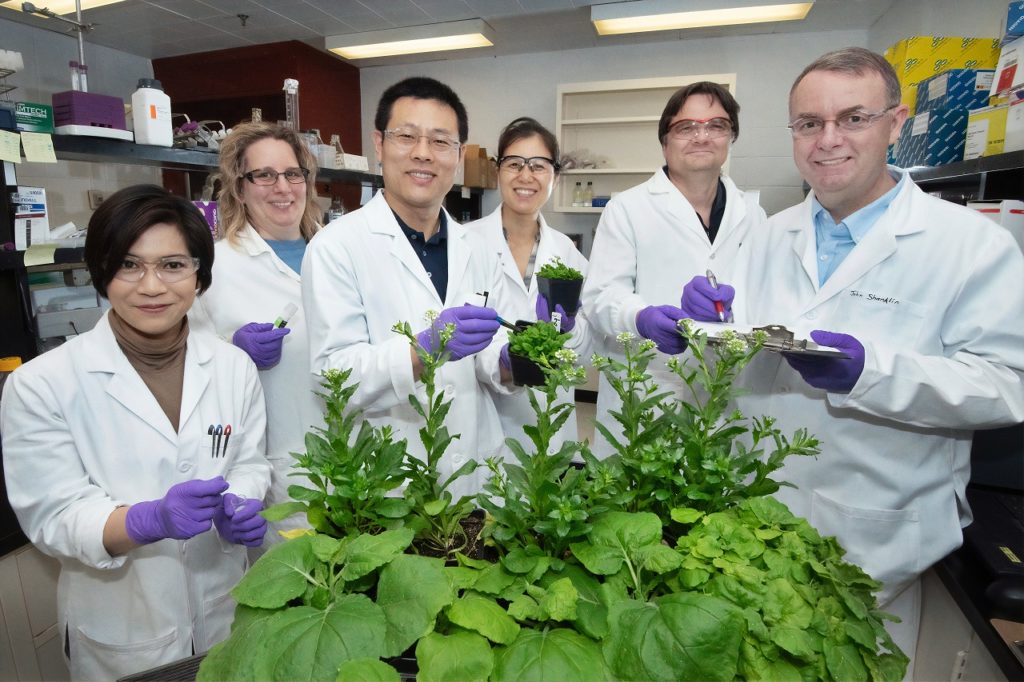With cannabis having been legalized in Canada in 2018 and the sector predicted to be worth $5 billion by 2021, the popularity of cannabis-related courses is spreading across Canadian universities and colleges. However, some institutions are struggling with how to accommodate international students into a ‘controversial’ market. Cégep de l’Outaouais is among these institutions.
Cannabis courses in Canada struggle with promotion


A nine-month cannabis course in Canada, involving production and processing at Cégep de l’Outaouais (their biggest public college), was scheduled to start last October. The start was postponed to December with less than 10 students enrolled.
Hemp.im provides you with the most current and up-to-date marijuana news and covers wide-ranging topics including hemp and cannabis stocks; hemp products like hemp milk, hemp protein, hemp gummies, creams, buds, and extracts; hemp farming and countless additional hemp products and services.
High interest in cannabis courses in Canada
When the program was presented to the public, “the enthusiasm was high,” recalled spokesperson Simon Desjardins. “We received dozens and dozens of interested people.”
Graduates of this college may work as technicians in cannabis processing laboratories or check the quality of products.
At the University of Quebec Three Rivers (UQTR), a new cannabis profile within the bachelor’s degree in biochemistry was indeed created in September. Only six out of the 32 students joined the course.
For professor Hugo Germain, part of the defection of potential students can be explained by “the stigmatization that still exists around cannabis, with parents being reluctant when children say they want to study cannabis.”
“We feel like we’ve lost about half of our students to this,” he said, “Quebec is in full employment, which encourages workers to stay in the labor market rather than return to school,” said Francine Bouchard, director of continuing education at the Cégep de l’Outaouais.
Some interested students were “disillusioned” when they realized the seriousness of the program, with requirements in chemistry, physics, and biology.
Employers are impatient for cannabis courses in Canada


The irony is that companies in the cannabis industry are eager to hire these future graduates. The program managers interviewed are therefore confident that students will be able to attend in due course.
“Cégep Gérald-Godin will focus on evening and weekend courses to attract people who are already employed,” explained Valérie Gosselin.
McGill University announced in 2018 the creation of a certificate in cannabis cultivation, which had to begin last winter. Instead, the program will offer its course in June 2020.
Cannabis research continues to grow
Cannabis research is booming thanks to companies and governments that are raining subsidies on academics to better understand the plant and its products.
“About 60 researchers from a variety of disciplines have been gathering since February in a new center to study cannabis,” said Professor Carolyn Baglole.
Carolyn Baglole believes that Canada is well-positioned to become a world leader in cannabis research.
“It’s now easier to talk about it and it’s a fascinating plant, on which we know so little,” she said.
Funding research for cannabis courses in Canada


Since legalization, companies that produce or process cannabis have had a strong interest in funding research chairs for scientists to further knowledge.
Research that will not benefit companies in the short term is also emerging. For example, professor Hugo Germain will travel to northern India this summer to collect cannabis plants that have different properties from those known.
“What about cannabidivarin, a 100% natural substance that can protect against cardiovascular disease? What is the Omega3 content and disease resistance of some plants?” asked Germain.
The researcher hopes to help develop a genetic map” of cannabis.
“Like the one that already exists for tomatoes, whether red, black, cherry or Italian,” said Germain. “Creating cannabis even stronger is not what we want to do. Research is done for the good of communities.”
__
(Featured image by Changbok Ko via Unsplash)
DISCLAIMER: This article was written by a third party contributor and does not reflect the opinion of Hemp.im, its management, staff or its associates. Please review our disclaimer for more information.
This article may include forward-looking statements. These forward-looking statements generally are identified by the words “believe,” “project,” “estimate,” “become,” “plan,” “will,” and similar expressions. These forward-looking statements involve known and unknown risks as well as uncertainties, including those discussed in the following cautionary statements and elsewhere in this article and on this site. Although the Company may believe that its expectations are based on reasonable assumptions, the actual results that the Company may achieve may differ materially from any forward-looking statements, which reflect the opinions of the management of the Company only as of the date hereof. Additionally, please make sure to read these important disclosures.
First published in TVANouvells, a third-party contributor translated and adapted the article from the original. In case of discrepancy, the original will prevail.
Although we made reasonable efforts to provide accurate translations, some parts may be incorrect. Hemp.im assumes no responsibility for errors, omissions or ambiguities in the translations provided on this website. Any person or entity relying on translated content does so at their own risk. Hemp.im is not responsible for losses caused by such reliance on the accuracy or reliability of translated information. If you wish to report an error or inaccuracy in the translation, we encourage you to contact us.



Comments are closed for this post.